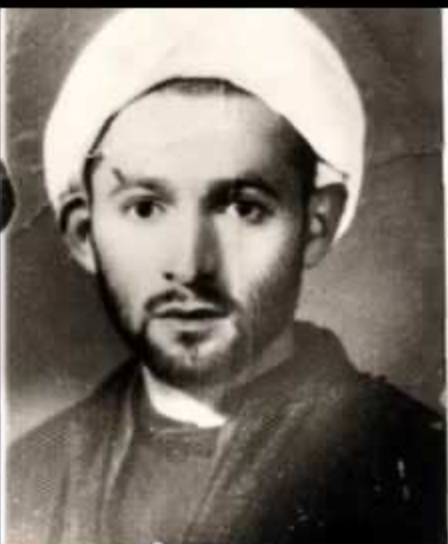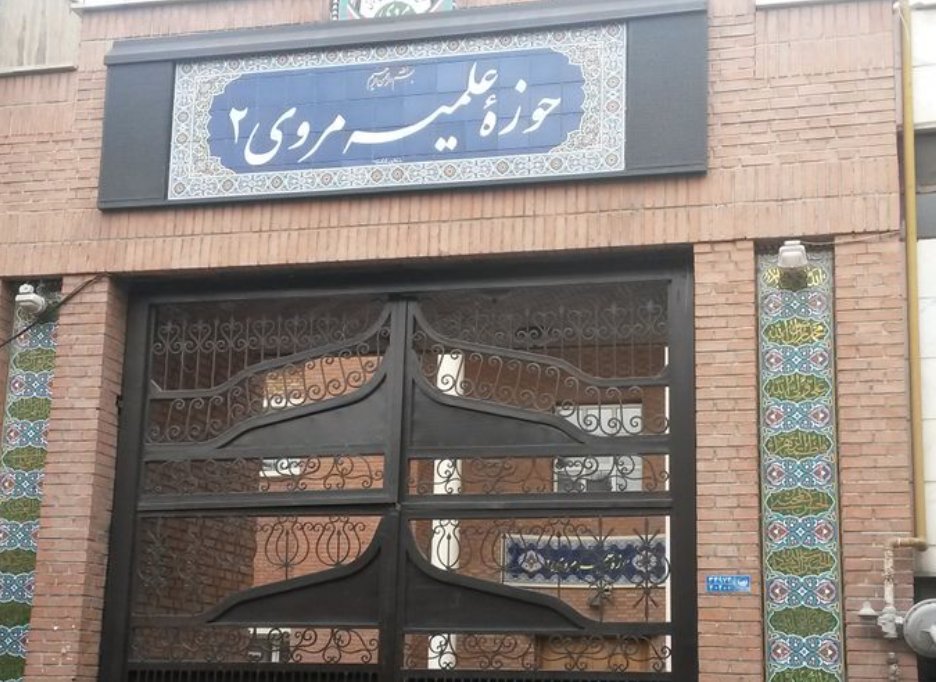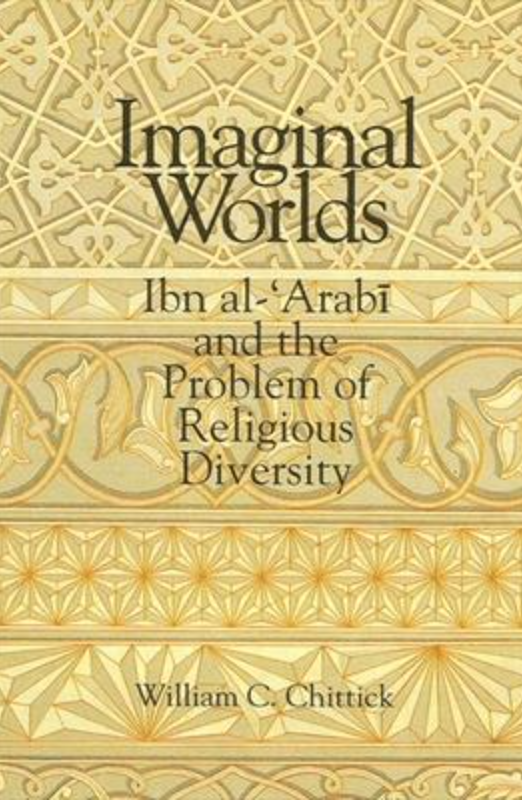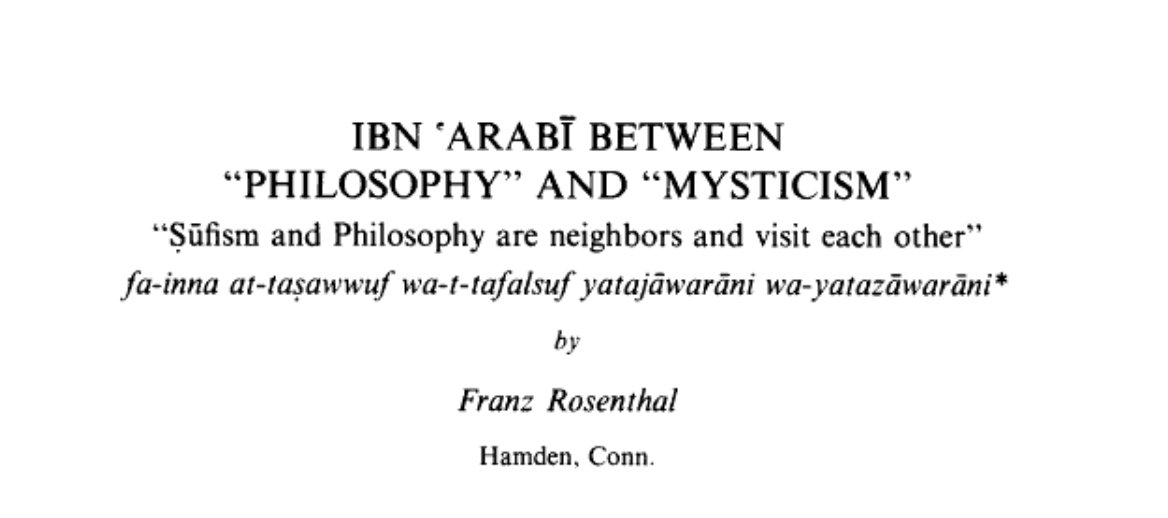
Sad to hear that Mahmoud Ayoub (1935-2021) one of the pioneers of #ShiiStudies and #intrafaith and #interfaith #MuslimChristian studies has passed away earlier today - a 🧵 

Much of his career was in #MuslimChristian understanding partly influenced by his own biography - born into a #Shii family in Qana in Southern Lebanon in 1935 and converting to Protestantism 2/
He went onto study at #AUB and #Pennsylvania finally writing a PhD on Redemptive Suffering and #Christology as an approach to #ShiiIslam in 1975 at #Harvard 3/
It was one of the first serious studies on the mourning and #taziya for #ImamHusayn as well as hints at a #Christological analysis of #Shii redemptive theology that he later developed in articles books.google.co.uk/books?id=rpaPW… 4/
It was at Harvard that he converted back to #ShiiIslam - his dissertation was first published in 1978 5/ 



He also wrote other seminal articles such as the first study on the theological notion of bada’, that engages the gap between divine omnipotence and the Shii drama of historical neglect of the friends of God 6/
Later, funded by #Gaddafi he produced a highly useful two volumes on #QuranicExegesis that besides a volume by Gätje was an invaluable reader for use in the classroom 7/ 

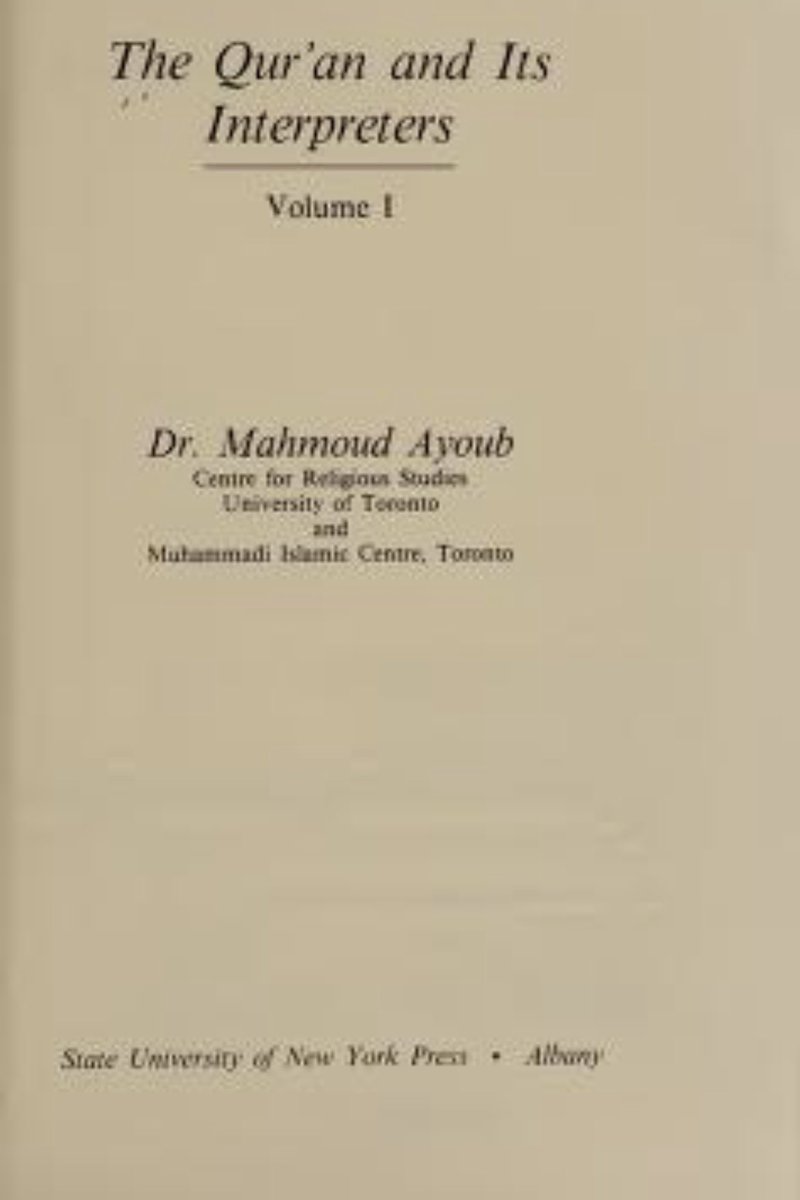

Importantly it demonstrated the diversity of the exegetical traditions by theological affiliation, spiritual inclination and other methods 8/
Later he also wrote two important textbooks on Islam that attempted to make sense of the #ShiiSunni distinction in an evenhanded manner inclined towards reconciliation - how sacred history can be used to heal and not divide 9/ 



All his work was geared towards showing that #Islam in its diversity was not just a series of discourses and practices in history but also in the present - and he was part of an #IslamicStudies faculty at Temple University 10/
Temple in the 80s and 90s included Seyyed Hossein Nasr, Ismail Faruqi and others who set out a method in the study of Islam within the study of religion and was widely influential 11/
Ayoub was a generous scholar whose opinions were clear - I first met him in the late 90s at the Binghamton conferences on Islamic philosophy and then engaged with him on exegesis 12/
After he retired from Temple he was at Hartford Seminary and an important supporter of the Imam Ali Chair that was designed to expand #ShiiStudies and intrafaith studies 13/
It was there that we co-supervised a couple of doctoral dissertations on Islamic thought 14/
Ayoub’s contribution to modern academic #ShiiStudies and more generally on the religious studies approach to #Islam was significant and remains essential reading 15/
• • •
Missing some Tweet in this thread? You can try to
force a refresh









